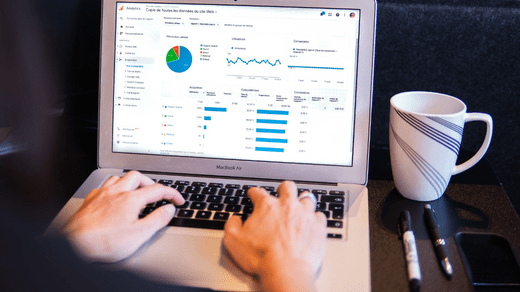If you’re a website owner or a digital marketer, you’re probably aware of the importance of search engine optimization (SEO) in driving traffic to your website. One crucial aspect of SEO is website loading speed. In this article, we’ll discuss how you can optimize your website’s loading speed to improve your SEO and attract more visitors.
Understanding the Importance of Loading Speed for SEO
Before we dive into the specifics of optimizing your website’s loading speed, let’s take a moment to understand why loading speed matters for SEO. Google and other search engines take website loading speed into account when ranking websites. A slow loading website can hurt your search engine rankings, as it leads to a poor user experience. Additionally, slow loading speed can increase your website’s bounce rate, as users are more likely to leave a site that takes too long to load.
Measuring Your Website’s Loading Speed
The first step to optimizing your website’s loading speed is to measure it. There are several tools available for this purpose, including Google’s PageSpeed Insights and GTmetrix. These tools will analyze your website and provide you with a report on its loading speed, as well as suggestions on how to improve it.
Optimizing Your Website’s Loading Speed
Once you’ve measured your website’s loading speed, it’s time to start optimizing it. Here are some tips to help you improve your website’s loading speed:
1. Reduce Image Sizes
Images are often the biggest culprit when it comes to slow loading websites. To reduce your website’s loading speed, you should optimize your images by reducing their sizes without sacrificing quality. You can use tools like Photoshop or online image compressors to achieve this.
2. Minimize HTTP Requests
Each element on your website, such as images, scripts, and stylesheets, requires an HTTP request to load. The more HTTP requests your website makes, the slower it will load. To minimize HTTP requests, you should reduce the number of elements on your website, combine files where possible, and use CSS sprites.
3. Use Browser Caching
Browser caching allows your website’s visitors to store a copy of your website’s files on their devices, so that they don’t need to download them every time they visit your site. This can significantly improve your website’s loading speed. You can enable browser caching by adding caching headers to your website’s files.
4. Enable Compression
Enabling compression can reduce the size of your website’s files, which in turn can improve its loading speed. You can enable compression by using tools like Gzip.
5. Minimize Server Response Time
Server response time refers to the time it takes for your website’s server to respond to a request from a user’s browser. A slow server response time can significantly impact your website’s loading speed. To minimize server response time, you should choose a reliable web host, reduce the number of plugins on your website, and use a content delivery network (CDN).
Conclusion
Website loading speed is an important factor in SEO and can impact your website’s search engine rankings and user experience. By measuring your website’s loading speed and optimizing it using the tips provided in this article, you can improve your website’s loading speed and attract more visitors.
FAQs
- What is a good loading speed for a website?
A good loading speed for a website is 2 seconds or less.
- Why is website loading speed important for SEO?
Website loading speed is important for SEO because Google and other search engines take it into account when ranking websites. A slow loading website can hurt your search engine rankings, as it leads to a poor user experience.
- How can I measure my website’s loading speed?
You can measure your website’s loading speed using tools like Google’s PageSpeed Insights or GTmetrix. These tools will analyze your website and provide you with a report on its loading speed, as well as suggestions on how to improve it.
- What are some common causes of slow loading speed?
Some common causes of slow loading speed include large image sizes, too many HTTP requests, lack of browser caching, uncompressed files, and slow server response time.
- Can slow loading speed impact my website’s bounce rate?
Yes, slow loading speed can increase your website’s bounce rate, as users are more likely to leave a site that takes too long to load. This can negatively impact your website’s SEO and user experience.
For more information, please visit our website : https://www.parker2010.com



